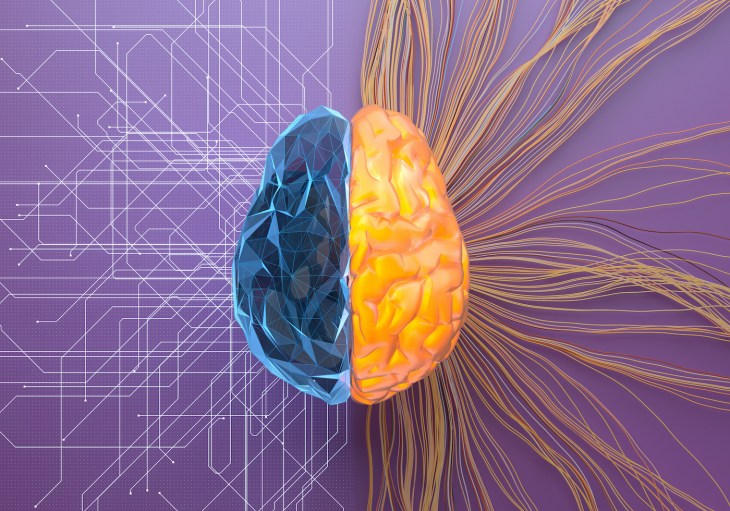Meta founder Mark Zuckerberg encountered various reactions after promoting his company’s “exciting breakthrough” in creating an artificial intelligence system that thinks “the way we do.”
In a Facebook post on Thursday , Zuckerberg welcomed the development of Metas data2 vec. This is a new artificial intelligence algorithm that can learn several different types of information without supervision. Zuckerberg predicted that this development could ultimately be used to help people more effectively in daily tasks such as cooking.
In his post, Zuckerberg wrote, “An exciting breakthrough: Meta AI research built a system that learns from speech, vision and text without needing labeled training data.” “People experience the world through a combination of sight, sound and words, and systems like this could one day understand the world the way we do.”
“This will all eventually get built into AR glasses with an AI assistant so, for example, it could help you cook dinner, noticing if you miss an ingredient, prompting you to turn down the heat, or more complex tasks,” he added.
Previous artificial intelligence systems also used self-supervised learning, but could not effectively learn multiple types of information. For example, a system that can effectively decode text may not be able to interpret the information from the image.
A meta-developer blog post describes data2vec as “the first high-performance self-supervised algorithm that works in multiple modality”. The developers say that data2vec outperforms multiple disposable algorithms and “gets closer to building a machine that seamlessly learns about different aspects of the world around them.”
“The core idea of this approach is to enable AI to learn more generally. AI needs to be able to learn to perform a variety of tasks, including tasks that are completely unfamiliar,” Meta said. A spokesman said in a statement to Newsweek. “We want to not only recognize the animals shown in the training data, but also adapt the machine to recognize them when telling what new creatures in the environment will look like. ”
” A multimodal self-learning AI model with powerful algorithms like these, spokesman continued. “That means AI that can understand the physical and virtual worlds around us using all the senses that humans do at the same time.”
While many people responded to Zuckerberg’s post by congratulating Zuckerberg and sharing in his excitement about the potential applications of data2vec, others responded to his post by expressing their fear that a “creepy” development could lead to a “nightmare dystopia”.
“The potential benefits of this are far outweighed by the unimaginable nightmarish dystopia it will create,” Facebook user Brendon Shapiro wrote in response to Zuckerberg`s post. “If I forget the lemon zest, well, it’ll just have to be ok.”
“I’ve said this loads of times before.. I’m getting Skynet vibes.. we’ve all seen The Terminator,” wrote actor Ritchi Edwards, referring to the film franchise’s fictional artificial intelligence network that becomes sentient and begins to attack humanity.
“Ummmm… this kinda sounds creepy,” Facebook user Rachel Miller wrote. “I am literally one of Facebooks most vocal fans… but this… an intuitive Alexa?? I don’t know if I want it telling me to pick up the socks on the floor or telling me to add more cinnamon…”




